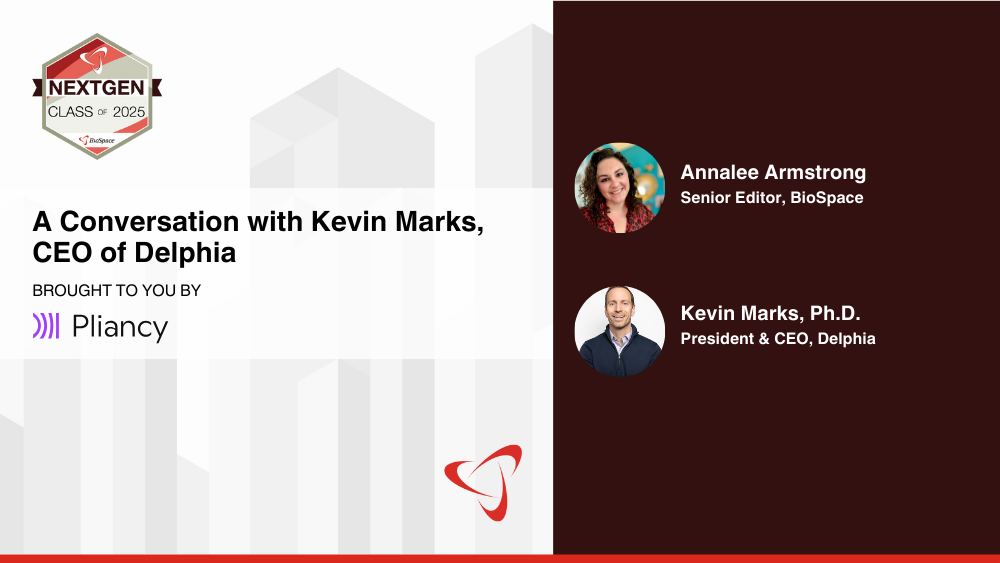The contract manufacturer fell short of Wall Street’s projections for its first quarter of fiscal 2025, which ended Sept. 30, 2024. The miss comes amid growing opposition to Novo Holdings’ proposed $16.5 billion acquisition of Catalent.
Catalent on Tuesday released its fiscal first-quarter 2025 earnings report, touting 4% growth in its net revenue and “continued confidence” from its clients, but falling short of the consensus estimate.
The CDMO giant brought in $1.02 billion in fiscal Q1, whereas analysts had projected nearly $1.06 billion in total revenue. The miss was driven by the disappointing performance across both of its main business units—Catalent’s biologics division brought in $461 million in the quarter, a 3% increase from the same period last year, but below the consensus forecast of $484 million.
Despite reporting 5% year-over-year growth for its pharma and consumer health franchise, Catalent’s Q1 net revenue of $563 million missed the analyst estimate of $574 million.
Catalent reported adjusted earnings before interest, taxes, depreciation, and amortization of $125 million, which came up short of the analyst forecast of $156 million.
Still, company executives were optimistic in an investor call with CEO Alessandro Maselli calling its performance “solid” in the quarter. Maselli touted the CDMO’s 5% growth excluding COVID, adding that “the strength of our pipeline is bearing fruit” despite “macro headwinds.”
Maselli expressed confidence in Catalent’s strategic plans moving forward, bolstered by the “continued high demand” for its gene therapy services, as well as the “expanded exposure to GLP-1 demand.” The CDMO saw “a very strong rate of new approvals” in its pharma and consumer health business, according to Maselli.
However, analysts don’t seem to share the company’s optimism. In a note to investors, William Blair analyst Max Smock called Catalent’s Q1 “underwhelming” and flagged several key risk factors for the CDMO in the coming years, including “productivity declines and underutilized capacity” and mounting quality assurance problems—as identified by regulators—that could cause product delays or harm its reputation.
Catalent’s disappointing financial results come amid growing opposition to Novo Holdings’ proposed acquisition of the CDMO. Novo Holdings first announced its buyout of Catalent in February 2024, putting $16.5 billion on the line in an all-cash transaction.
Catalent expects the deal to close by the end of this year, after which Novo Holdings intends to sell three of the CDMO’s key fill-finish sites to Novo Nordisk for $11 billion.
Eli Lilly CEO David Ricks in the pharma’s earnings call in August said the company is concerned about the acquisition, as it relies on one of Catalent’s sites for GLP-1 and other diabetes production. “It’s more the oddity of your main competitor being also your contract manufacturer,” Ricks said. “We’ve aired those concerns publicly and privately since the proposed transaction was announced, and we’re waiting to see what happens.”
Roche is urging regulatory authorities to block Novo Holdings’ acquisition of Catalent, arguing that the deal would have wide-ranging negative effects on the industry. “Limiting the competition in this space is not a good idea,” Roche CEO Thomas Schinecker said in a media call last month. The buyout would further restrict the contract manufacturing ecosystem, Schinecker said, which “could be a problem for other smaller players.”
Sen. Elizabeth Warren (D-Mass.) last month wrote to Federal Trade Commission Chair Lina Khan urging her to take a close look at the proposed acquisition and its potential anti-competitive impact. A coalition of unions, consumer organizations and public interest groups also asked Khan to “challenge” the transaction to protect healthy competition in the industry, and to protect patients’ access to affordable therapies.






